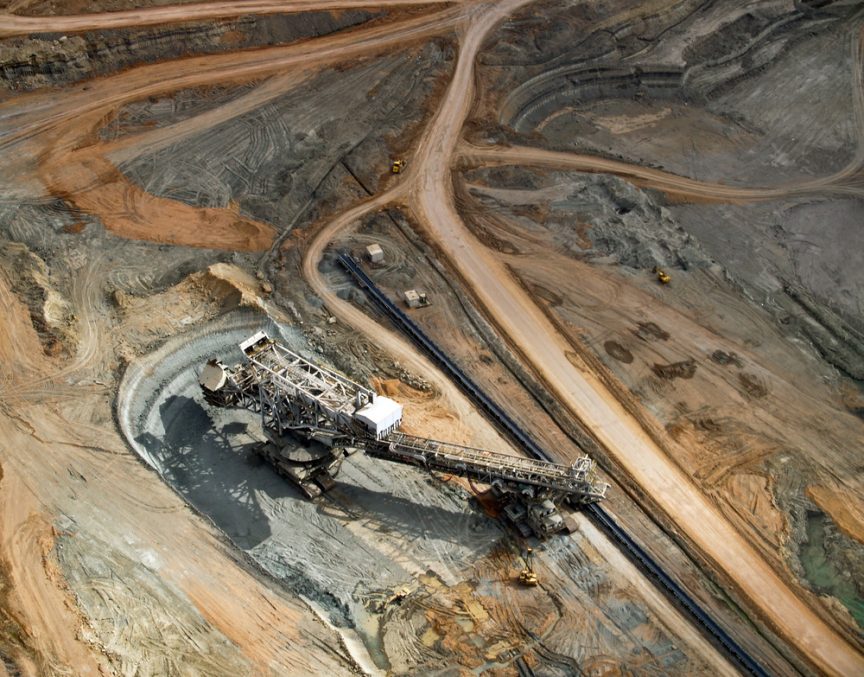As the rest of the economy scrambles to adopt artificial intelligence technology, the mining industry is already seeing their investment in AI pay dividends in the form of reduced operational costs.
Already used in prototypes ranging from self-driving cars to hearing aids, AI is rapidly progressing from a science fiction premise to a technology that’s transforming the American economy. Among the first industries to adopt it, mining is also unsurprisingly among the first to reap the many operational and economic benefits.
Heightened Efficiency
The MIT Technology Review writes that after investing in a squadron of 73 driverless trucks, the mining giant Rio Tinto saw its transportation costs fall by 15%. Equally capable of loading and unloading without human assistance, the machines can operate for 24 hours a day without stopping, making hauling operations more efficient than ever thought possible.
But Rio Tinto isn’t the only company embracing this new tech — BHP Billiton, Suncor, and Fortescue Metals Group are also putting hundreds of thousands of dollars into related mining technologies, from driverless trucks to automated drills.
AI Can Offset Hard Labor
And despite rampant rumors that AI will take jobs away from every corner of the economy, the rise of automated mining equipment isn’t bad news for today’s miners. By handling more challenging and dangerous tasks, for example, these machines make the entire mining process much safer and free human miners to focus on directing these machines in order to produce the greatest possible yield.
Automated mining procedures are also more predictable. Machines can be programmed to always function in the same way, making duties like braking and driving more consistent and, in and more efficient.
New Technology, New Jobs
Even as it assumes many duties traditionally performed by humans, automated mining technology will create new opportunities elsewhere. Rio Tinto, for example, staffs its control center in Perth with several supervisors who oversee its fleet of autonomous vehicles. As the company relies more and more on these vehicles, other supervisors will see a shift in their duties away from issuing commands to human workers and towards making sure driverless locomotives do their job.
Though AI hasn’t been adopted by all industry players just yet, experts predict its use will only escalate in the near future, particularly as technologies continue to evolve. Some driverless locomotives are expected to be tested and deployed as early as 2018.
Improving Conditions for Human Workers, Too
With or without AI, mining companies need to utilize effective managed dust control programs to maximize efficiency, reduce maintenance costs, and ensure compliance with labor laws and environmental regulations. With over 40 years of experience in the mining industry, Midwest Industrial Supply, Inc. has the experience needed to provide them with proven solutions to all of their dust control needs.
When properly applied under the supervision of a Midwest expert in the field, our organic dust control products like EK35® and EnviroKleen® bind particulate matter together in order to prevent airborne dust from escaping, improve air quality, and make critical haul and access roads more durable. Regardless of what you’re mining, Midwest will work with you to develop a reliable dust control program customized to the specifications of your site and operation.


